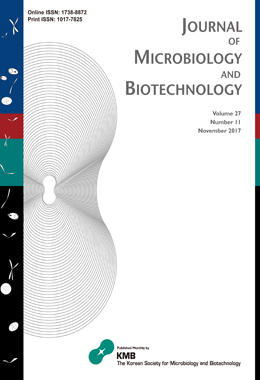In this study, we investigated the anti-amnesic effect of Korean red pine (Pinus densiflora) bark extract (KRPBE) against amyloid beta1-42 (Aβ1-42)-induced neurotoxicity. We found that treatment with KRPBE improved the behavioral function in Aβ-induced mice, and also boosted the antioxidant system in mice by decreasing malondialdehyde (MDA) content, increasing superoxide dismutase (SOD) activities, and reducing glutathione (GSH) levels. In addition, KRPBE improved the cholinergic system by suppressing reduced acetylcholine (ACh) content while also activating acetylcholinesterase (AChE), regulating the expression of choline acetyltransferase (ChAT), postsynaptic density protein-95 (PSD-95), and synaptophysin. KRPBE also showed an ameliorating effect on cerebral mitochondrial deficit by regulating reactive oxygen species (ROS), mitochondrial membrane potential (MMP) and ATP levels. Moreover, KRPBE modulated the expression levels of neurotoxicity indicators Aβ and phosphorylated tau (p-tau) and inflammatory cytokines TNF-α, p- IκB-α, and IL-1β. Furthermore, we found that KRPBE improved the expression levels of neuronal apoptosis-related markers BAX and BCl-2 and increased the expression levels of BDNF and p-CREB. Therefore, this study suggests that KRPBE treatment has an anti-amnestic effect by modulating cholinergic system dysfunction and neuroinflammation in Aβ1-42-induced cognitive impairment in mice.


